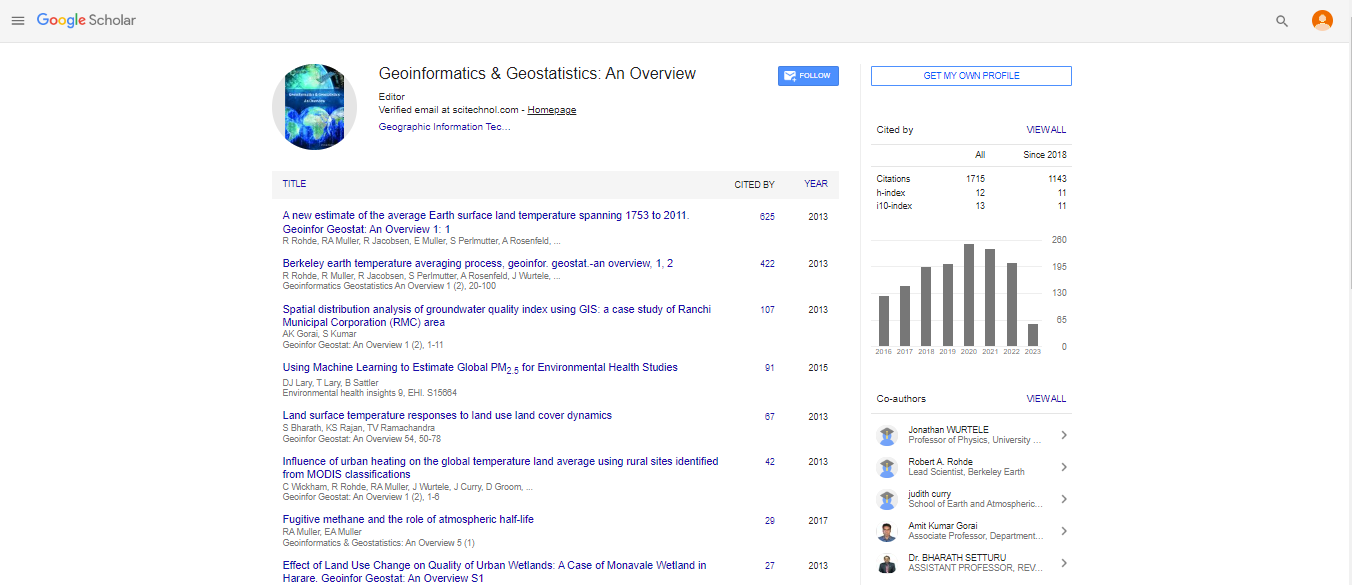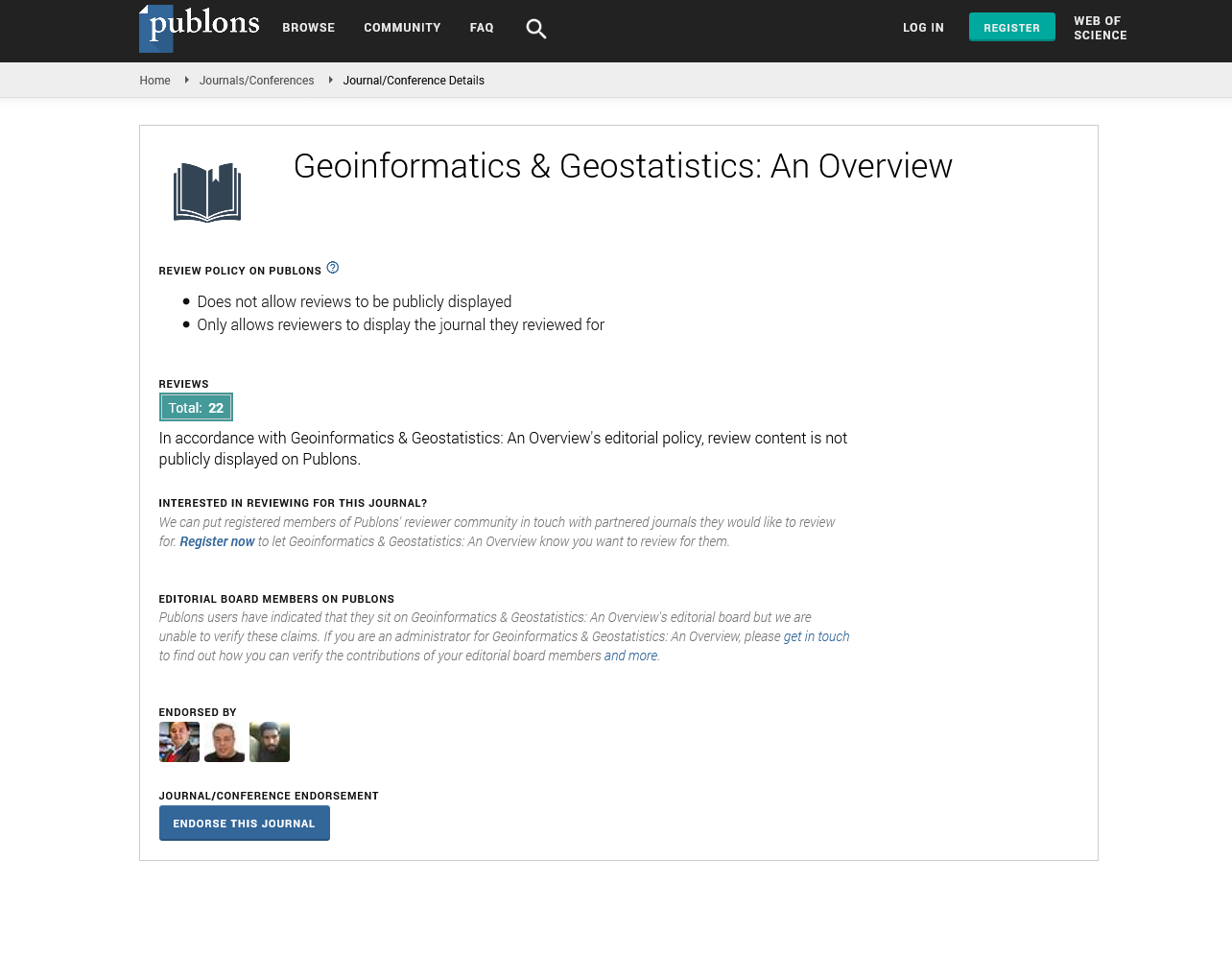Creating a pillars of resilience model for disaster-stricken communities employing the wisdom of predecessors who overcame Hansens disease and ancient disasters
Makiko Kondo, Tomoko Utsumi, Chie Yoshimoto, Mariko Ooura and Masafumi Motomura
Okayama University, JPN
Kagawa Prefectural University of Health Sciences, JPN
:
Abstract
Statement of the Problem: The Great East Japan Earthquake in 2011 caused not only several casualties but also isolated several towns that did not receive aid rapidly due to widespread destruction. We must ensure communities are self-contained in order to maintain autonomy and independence after disasters since Nankai megathrust earthquakes are expected to occur in the near future. This study aims at creating a resilience model for disaster-stricken communities by employing ancient wisdom. Methodology & Theoretical Orientation: We utilized Strauss & Corbin’s Grounded Theory approach and created an essential pillar from ancient wisdom, garnering required support from official reports and newspapers about recent disasters. First, we extracted an essential pillar from literature on Hansen’s disease survivors, who overcame severe poverty during World War II by creating a superior community in an isolated island. Second, we obtained an essential pillar from ancient documents regarding disasters and famines during the Edo period or earlier. Findings: According to Hansen’s disease survivors, the essential pillars for creating a superior community are: 1) developing safety strategies through self-sufficiency, 2) promoting mental strength to overcome hardship, 3) assembling wise people to overcome hardship, 4) formulating self-defense organization, 5) building systems for protecting weaker individuals and assisting each other, 6) creating strategies for receiving external aid, and 7) evolving uncomplicated survival strategies. Meanwhile, the essential pillars from ancient wisdom include: a) developing strategies for future generations, b) employing places or festivals that residents value to begin reconstruction after disasters, c) supporting families debilitated by death, d) fostering spirituality and philosophy to endure loss, and e) receiving assistance from the government. Conclusion & Significance: Predecessors’ wisdom provides valuable suggestions for creating a strong community to cope with disasters. We will continue to garner required support.
Biography
Email: mkondo@cc.okayama-u.ac.jp
 Spanish
Spanish  Chinese
Chinese  Russian
Russian  German
German  French
French  Japanese
Japanese  Portuguese
Portuguese  Hindi
Hindi 
